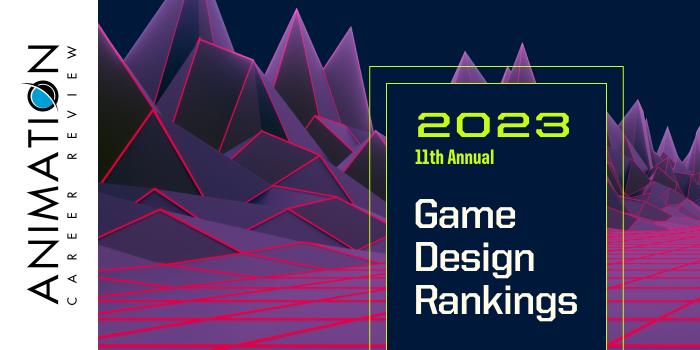The Donald Bren School of Information & Computer Sciences at University of California, Irvine (UC Irvine or UCI) houses the Department of Informatics, home to the Game Design and Interactive Media (GDIM) Program, which leads to a BS. The Department of Computer Sciences has a Computer Game Science BS (CGS BS), and a BS in Computer Science.
The GDIM BS consists of hands-on courses that explore areas such game programming, game design and development, game studies, interactive storytelling, visual design, and data science, as well as emerging technologies such as tabletop and mobile games, and AR/VR. During the junior and senior years of the program, students will have the opportunity to build a professional portfolio through advanced electives that explore game design, development, and programming, game culture, storytelling, and games entrepreneurship. UCI GDIM BS culminates with a two-quarter capstone project. Students will complete the capstone under the guidance of industry mentors.
Graduates of the UC Irvine GDIM Program are Game Designers, Game Programmers, Game Developers, Game Artists, Project Managers, and Interactive Media Designers, among others. Some program alumni have busy freelance careers, while others have launched their own studios. Potential employers include industry partners such as Electronic Arts (EA), Blizzard Entertainment, Riot games, Obsidian Entertainment, Disney, Cartoon Network, and Tencent.
The Computer Game Science BS explores games (game engines, games and society, multiplayer games, and game design), computer science (graphics, artificial intelligence, programming, and data structures), and math (linear algebra, statistics, and logic). Students in this program have the opportunity to specialize in just about any area through thirty required elective credits. They will also have the chance to work in teams to build games for entertainment, education, training, healthcare, and more.
Graduates of the UC Irvine Computer Game Science BS are employed in the games industry (for entertainment) as well as serious games in areas such as healthcare, education, and training. Some CGS BS graduates go on to enroll in advanced study in game design, interactive media, and other related areas at top graduate schools.
The Computer Science BS at UCI has a Specialization in Algorithms that focus on techniques in computer games, graphics, computer vision, artificial intelligence (AI), and other areas. The graduate Computer Science Programs feature multimedia and gaming, programming languages and compilers, scientific computing, and AI and machine learning research areas, among others.
Across programs, students have access to courses such as Game Engine Lab, Modeling and Worldbuilding, Game Design, Mobile and Ubiquitous Games, Python, Advanced 3D Computer Graphics, Virtual Reality, Internet of Things (IoT) Software and Systems, Visual Computing, Programming Languages, and Multimedia Systems and Applications.
Graduates of the Computer Science Programs at UC Irvine are prepared to pursue positions in virtually every area of science, technology, and business. Examples include Games, Entertainment, Software Engineering, Aerospace, Business Information Management, Biomedical, Finance, National Defense, Cybersecurity, Data Science, and Engineering.



























